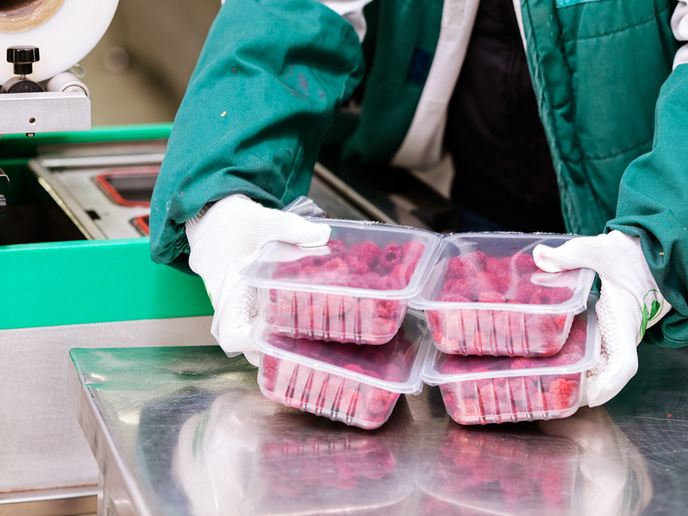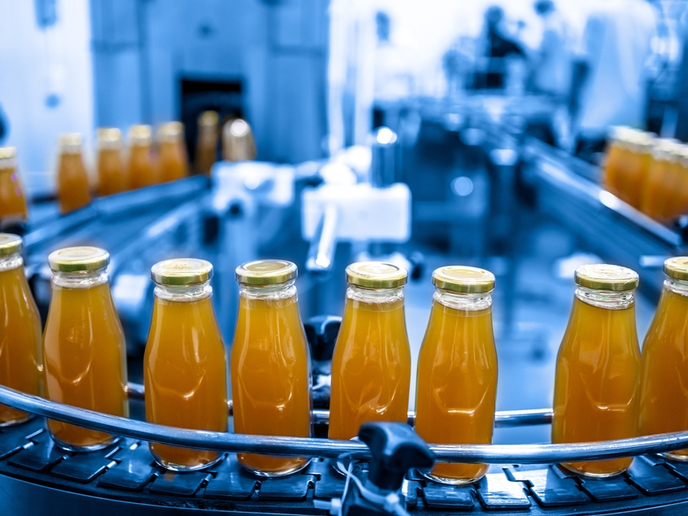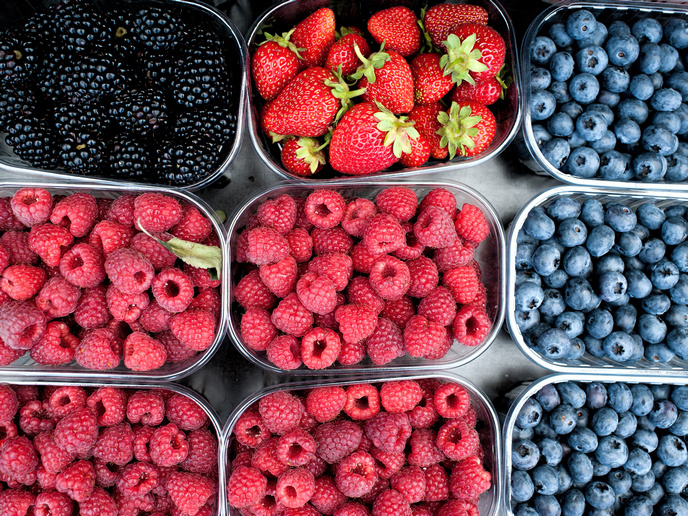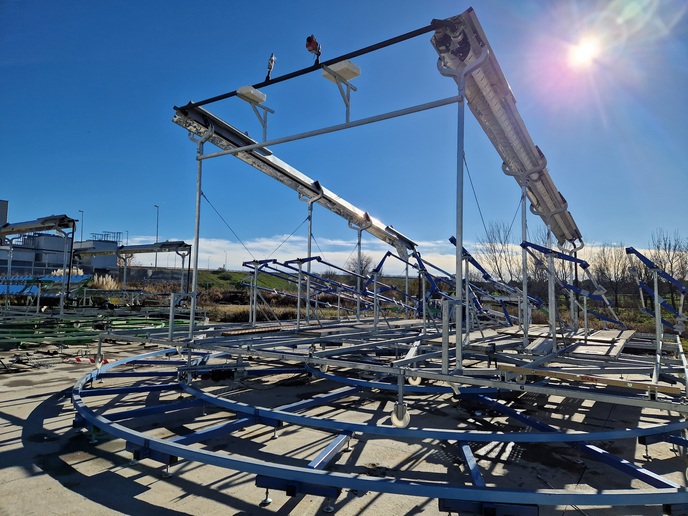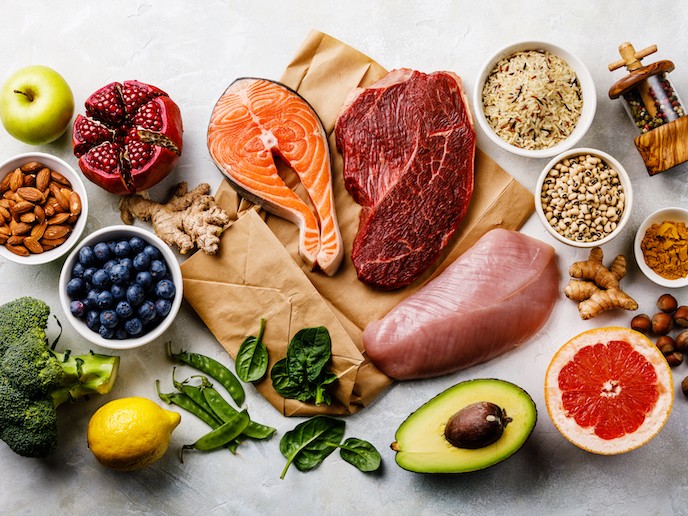Versatile CleanPack delivers cleaner food packaging, boosts SME competitiveness
The industry sector responsible for preparing and packaging solid, refrigerated foods, such as dairy products, meat, fish, ready-to-eat (RTE) meals, salads and cut fruits and vegetables, is demanding increased levels of hygiene to package products with minimal microbial contamination or commercial sterility conditions. The sector is also in need of new innovations that reduce food-borne diseases along with costs of production and carbon footprints. The EU-funded CleanPack project set out to produce new, ultra-clean packaging for food products. The researchers worked to extend the shelf life of food without the need for additional chemical preservatives. The project integrates many different techniques into one CleanPack machine, “to allow SME packaging to maintain the same level of food safety as clean rooms and extend the shelf life and freshness of their packed foods even more than big producers,” says project leader Alejandro Vidal.
A modular design
The team started off by designing CleanPack as a modular configuration of four parts: a thermoforming module, a filling module with essential oils to decontaminate surfaces, a thermosealing module, and a cutting module. The researchers validated the microbiologically controlled enclosure in line with the ISO class 5 standard within the first year of the project, ensuring ultra-clean conditions. Next, the researchers tested the CleanPack prototype under different real-world conditions using different food products. The team was so pleased with the results that they were then able to establish pre-commercial agreements with several potential clients and distributors interested in installing the CleanPack machine. “The four-module design of the CleanPack machine can be adapted to different market and customers’ needs, resulting in a more efficient and economic process,” Vidal says. “In addition, the new decontamination technique using essential oils, within the filling module, helps to extend shelf life of products, estimated at a minimum of 150 %, without additional chemical preservatives.”
The RTE market
Following the success of CleanPack real-world tests, the researchers brought the project into the RTE food packaging market, using the thermoforming part of the machine to produce ultra-clean food trays. This approach ensures that foods such as sliced meat and fresh-cut fruits and vegetables will be free of food-borne diseases, and lowers food waste, which provides a technological advantage over competitors.
A greener process of food packaging
The implementation of this milder technology also has the potential to reduce energy consumption and the dependence on cold chain logistics, and it enables decentralised production in more sustainable and economic ways. In this way, CleanPack is helping an array of food sector SMEs achieve better products and extended shelf life, which also increases competitiveness in the industry. “The project has become a successful landmark in our production line, and we will continue pursuing improvement and evolution developing new and better machines,” Vidal says. Going into the future, the CleanPack team aims to adapt to new market trends and to customers’ current and future needs by focusing on reaching customers who value and appreciate the new technological advances developed for improving the cost-efficiency of their packing lines.
Keywords
CleanPack, food packaging, shelf life, ultra-clean, carbon footprint, food safety, clean room, modular design, food tray



